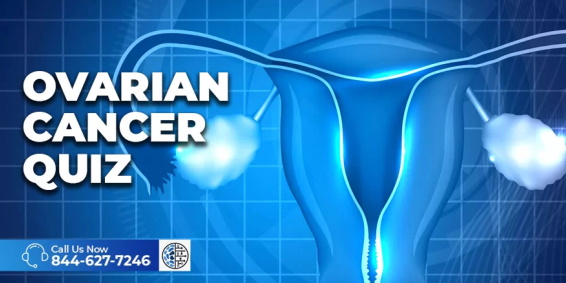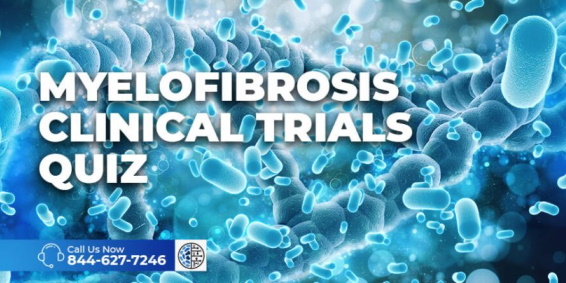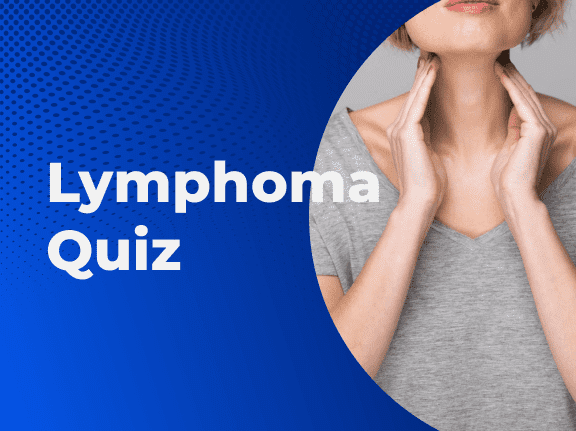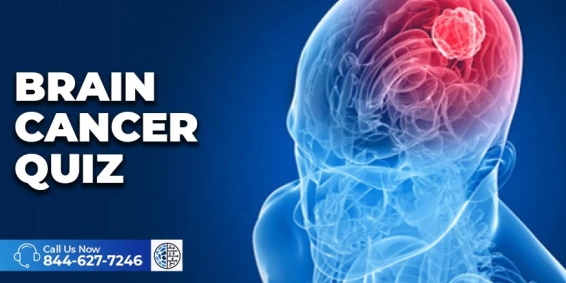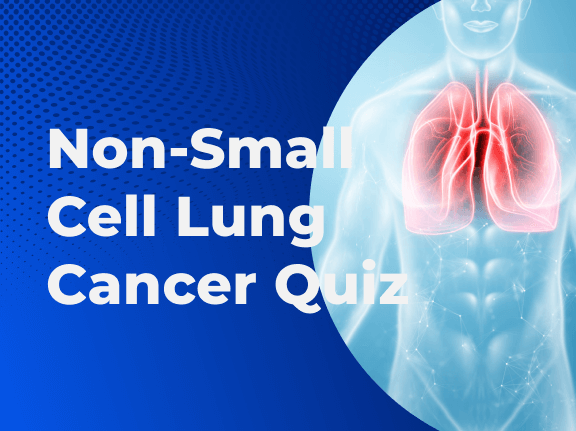
Non-Small Cell Lung Cancer Quiz
This online assessment takes only 2 minutes. It will help you find the right clinical trials for you.

Fiona Evans
We ask this to determine which clinical trials you may be eligible for.
If you need to contact us right away?
Call +1 844 627 7246Your personal data is fully confidential and 100% secure
The non-small cell lung cancer quiz asks questions about the different symptoms, risk factors, and statistics for non-small cell lung cancer patients. This quiz gives a brief overview of what to expect from a non-small cell lung cancer (NSCLC) case.
The non-small cell lung cancer quiz explains how lung cancer is among the most common cancer types in the United States. It also has a high mortality rates compared to other cancers worldwide, which has led to an increased focus in clinical research for improving the care of lung cancer. NSCLC has several known risk factors. Smoking is the most common cause for both small cell and NSCLC. Other risk factors include exposure to radon and asbestos. It is also possible to for NSCLC to be hereditary, meaning genetic mutations from your parents increased your chances of developing cancer. Although they occur, these cases are more common in other cancer types.
What Are the Treatment Options for Non-Small Cell Lung Cancer?
For non-small cell lung cancer, Early-stage patients ideally have surgery performed to remove the tumor (lobectomy, sleeve resection, or pneumonectomy). This is often followed up by chemotherapy or radiation. For advanced stage patients who are not eligible for surgery, immunotherapy or clinical trials have promising alternative treatment options. Clinical trials investigate new approaches to standard treatments and entirely new therapies to improve the available treatment options for NSCLC patients. The current five-year survival rate for all lung cancer cases is 19%. However, for those with a tumor confined to a single region, the survival rate is over 60%. Therefore, awareness for symptoms can lead to earlier detection and a higher rate of positive outcomes for NSCLC patients.
Treatments can also be given based on the symptoms the patient is experiencing to help alleviate them. Symptoms for NSCLC include pain the chest or back, chronic cough that can include blood, weight loss, phlegm, fatigue, and shortness of breath. Every individual is different so symptoms can vary for each patient.
Sources: Non-small cell lung cancer
Almost Done!
Please complete the required fields and we will send results to your email.
You have completed the quiz.
0 out 0 answers are correct

We ask this to determine which clinical trials you may be eligible for.
Fiona Evans Massive Bio Patient Relations CoordinatorIf you need to contact us right away?
Call +1 844 627 7246Your personal data is fully confidential and 100% secure

© 2024 Massive Bio. All rights reserved




